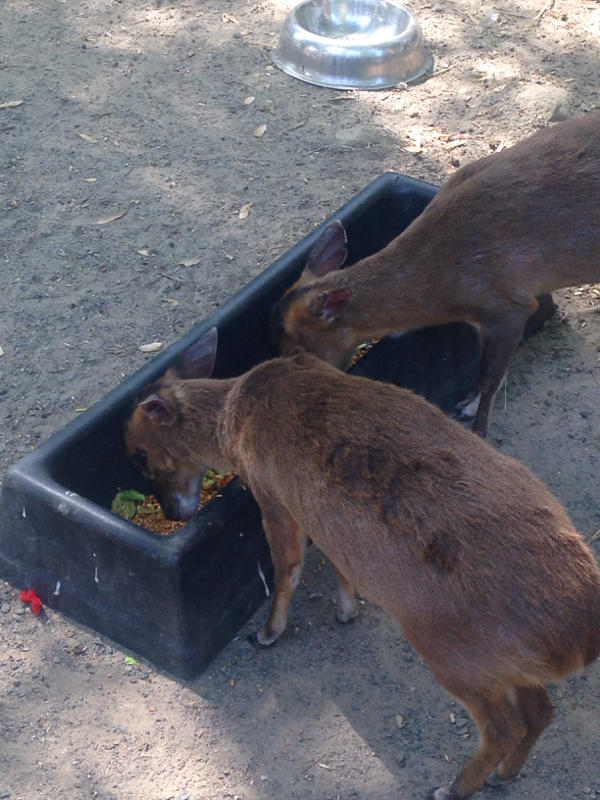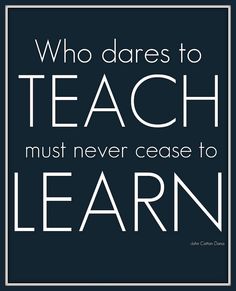|
The last week of school was chaos: changed schedules; field trips with half the student body out and the next day the other half out; celebrations; graduations; good-byes; exhaustion. Our official last day was Monday, which was bizarre because by then there was nothing left to do. Teachers were packing up their rooms; the students who came were there mainly to sign yearbooks and say good-bye to their friends. Somehow in the chaos, my students got their newspaper articles in, I managed to finish adding them and formatting, we took pictures, and I put it all together. This is the second time I have done this with students, and this time I did it differently. While last year the students and I came up with categories, and then they wrote articles for those categories, this year I told them to write about anything they chose. I then grouped their articles and made categories accordingly. It worked out well: many of them wrote about sports, so I made a sports section. One of them asked if she could write an overview of Puerto Rico, and then I suggested to others they write something about their countries also. Some of them wanted to compare school in their countries to the U.S. In the end, we came up with a 10 page, 2 sided product, with 10 ELL student reporters. I am sure that most of them had never seen their names in a publication; even if that was the only accomplishment of our newsletter, it was a success. When they knew they were going to be published and the whole school community and their families would see it, they put their best work into their writing. This was also a great differentiated activity: the students who could do more, and go deeper, did. One student wrote 4 articles; one wrote one article. While that was the extent of his writing, when I asked him to design a page with art he liked on it, he was able to contribute in a different way; I made his page our back cover. Here is a copy of our ELL newspaper, Volume 2, with student names removed and pictures blurred. Enjoy their hard work!
0 Comments
This week is full of celebrations for us. Today my daughter graduated from elementary school, where she had been since preschool. 8 years - a long time at one school! It was a great ceremony: short(ish), great messages from the principal and assistant principal, a 6th grade song that made many get weepy, and certificates handed out to the 6th graders. It started with a slideshow. A slide for each student showing baby pictures of them, and then a short time lapse so people could guess who the kids were before showing their present-day photos. It was a perfectly appropriate ceremony for this age, one that honored what they have done already without making it seem like the climax of their educational experience.
i have one more in elementary school still - 2 years to go. I will be sad to no longer be a Crocker Farm parent. The teachers who our kids have had have been amazing, the staff and faculty make us feel like we're at home, and the school has a true community feeling. At the graduation ceremony, I felt almost as emotional watching my children's teachers as watching my daughter herself. I want to thank all the teachers, para-educators, nurses, bus drivers, lunch ladies and others who have helped our kids along the way so far. Those who held their hands in kindergarten, and helped them with the daily routines like cubbies, hand-washing, line-walking, and lunch. Those who at lunch with them, soothed them when things weren't going well, and helped them stay organized. Those who stayed in contact with us constantly, despite their busy schedules. The ones who drove them on field trips and put up with the loud noise and energy of kids for hours. The ones who taught them to read, to write, to spell, to enjoy learning, to do math. Those who dealt with their drama and tears. Those who had infinite patience, smiles, and snacks for them. Those who give supplies, and give of their time and hearts. And, those who will do all of that in future years - thank you in advance. If you never get "big" recognition in your teaching careers, know that you have touched lives and made a difference anyway! My first year of teaching, I got the following comment on my evaluation, completed by my old-school French department head: "Alicia makes good use of the blackboard." She had other positive feedback for me, but that is the one piece I never forgot - though I wasn't even sure what it meant.
Her critical feedback was that I needed to prepare materials ahead of time. Though I was pretty organized, on the day of my scheduled observation, I could not get the VCR (yes, we are talking in the 90's) to work for the video clip I was going to show as part of my lesson. This was probably the most useful piece of feedback I have gotten in my 20 years of teaching. After that I made sure to be extra prepared; kids know when their teachers are winging it, I think - unless you get really good at winging it. Also, most teachers learn to be prepared, but also flexible when they need to be. Years later, I find that I actually appreciate Madame's feedback more than I would have imagined - both the bad and the good. In fact, it is a lot more helpful than our current educator's evaluation system, implemented state-wide. The online system we use is ironically called "Oasys: My Learning Plan". Far from an oasis, it is a confusing and dark abyss of sections in which to put your goals, progress, and artifacts. Your evaluator then pops into your class for 3 ten minute sessions throughout the year, and evaluates you based on that and your "artifacts". I find this system highly UN-useful for my teaching practice. In our current system, my recent class field trip to the zoo can't be "uploaded" or placed into any category. Even so, this was one of the best field trips I have taken with students: it was easy (ish) to plan, cheap, fun, educational, and included free play time. The weather was great, no one complained, and the kids were in a good mood - and they learned. Under the current system, no value is places on this sort of teaching moment and the effort that it takes to plan it. Yet, my student who had never been to the zoo had a big smile on his face when we got there - and for me that was enough validation that I did something valuable for someone. Where in our evaluation system is there room for this kind of qualitative data? Enjoy the pictures of the awesome animals we saw. The students' favorites were the Capybara, the Bobcat, and the tortoise. Education reformers and education policy-makers seem to think they know how to solve the many problems with our education system here in the U.S. I often wonder how many of them have actually spent time in a classroom - not just observing, but actually teaching. I firmly believe that school administrators, education reformers and policy-makers should have a minimum of 5 years in the classroom. Otherwise, how can they really understand what teachers need to help them be successful?
I can't speak for all teachers, but I can think of so many things that would help me be successful at my job. Here are a few. 1. Time Teachers need the time to prep, effectively collaborate, reflect on their practice, and watch other teachers in action. We need time to improve and change our practice - it doesn't happen overnight. We also need time off, time away from the students and classrooms in order to do our jobs better. In many countries, teachers only show up for the classes they teach and then can leave school. Imagine that! 2.Effective Feedback The way our evaluation system currently is does not provide feedback that is really helpful, at least not for me. Feedback is often vague, and I have a hard time imagining that 3 ten minute walk-throughs give an adequate view of how my students are learning and of my teaching. 3.Support We need support - from each other and from our administrators. We need support in giving us professional days to keep current in our fields. We need emotional support, and we need to know that our administrators have our back. We need them to listen to us, and value us, value our experience. 4. Empathy from others Sometimes, I can be too empathetic - to my own detriment, because then other people's problems become what I think about when I wake up at 3 AM and can't get back to sleep. I think an overdose of empathy is better than no empathy, though. Once, I had a principal who was also overly empathetic: she would cry with you, laugh with you, feel your emotions with you. Empathetic leaders can be hard to find, but a little empathy goes a long way. 5. Food It is the rare Latino that shows up at your house empty-handed. I think we should take that practice to work. All meetings and professional days should have good snacks and food. And coffee. And chocolate. 6.More independence The way schools in Amherst used to be, word has it, teachers just sort of did what they wanted to and didn't align with others in their fields or in the grades above or below. I can see how that can create confusion and inequities; I understand how alignment benefits our students to some extent. However, I also know that many schools are moving in the direction of expecting teachers to be on the same page in the same text on the same day, taking away every last shred of their independence. If we all get to that point, maybe we can just be replaced by teacher-bots. 7.Useful PD I have ranted about this before, but it is SO important. Teachers like to stay current in their fields, and have time to talk to and learn from other teachers. I have had presenters or PD facilitators who are great - and inevitably they are or were teachers. We like to learn from each other, because we have more classroom cred with one another. In my opinion. 8. Less testing Enough said. 9.Mentors When I first started teaching, I had a few great mentors. It was because of them that I became a better teacher, and thanks to them I was able to process, reflect, and understand my teaching and my students more. They were also teachers. If I could change one thing in my school, it would be to have teachers mentor each other - not just teachers in their first 3 years, but ALL teachers. Do we only need support in our first 3 years? Couldn't we benefit from peer support and feedback all the time? I would rather be evaluated by a colleague than by an administrator. 10. Respectful relationships Teachers and administrators should be able to have a relationship based on mutual respect, empathy and understanding. In this way, they can work together towards a mutual goal of educating our students academically and emotionally. Once there is trust established, so much more can be accomplished. What would you add to my list? |
|
||||||||



















 RSS Feed
RSS Feed
